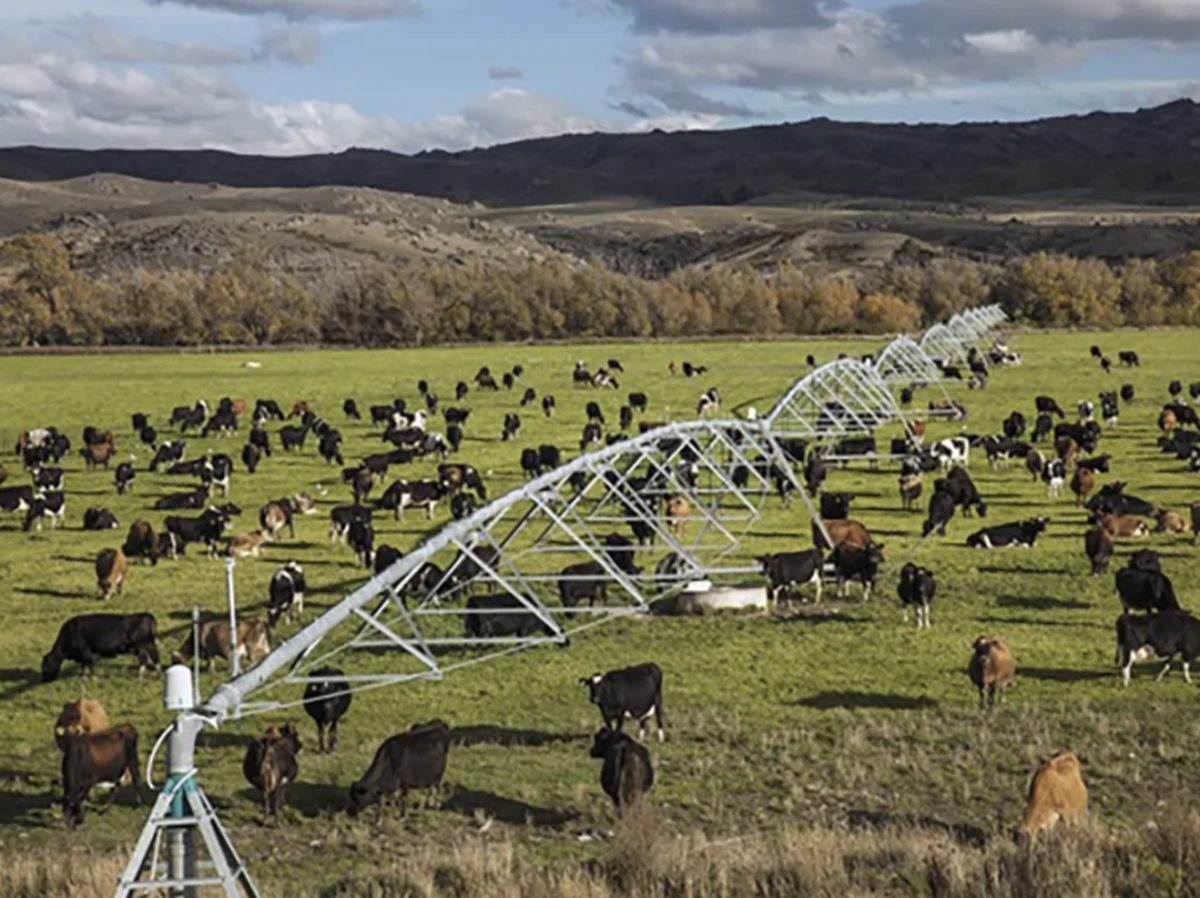Independent hearings commissioners have declined resource consents sought by a group of eight CHB irrigators seeking to extract another 15 million cubic metres of water from the Ruataniwha aquifer.
This option was created by the Commissioners who originally considered the Tukituki plan change and the fate of the Ruataniwha Dam back in 2015. At the time, and since, HBRC has argued against the viability of removing another 15 million cubes from an already over-allocated aquifer.
The fresh set of Commissioners summarised their decision succinctly:
“We have decided to decline the application. There are two main reasons for this. The first is that provisions in the National Policy Statement for Freshwater Management 2020 include words that direct us to prioritise the “health and wellbeing” of freshwater versus it being used or developed. Additionally, the Policy Statement requires that we “protect” the habitats of indigenous freshwater species.
“The second reason is that we are not persuaded that the potential adverse effects of the application can be avoided or mitigated. These include effects on cultural values, effects on flows in rivers and streams and the biota that dwell there, and effects on other users of shallow groundwater, including for, stock water and for domestic supply.”
The additional water was sought by some of CHB’s biggest irrigators, primarily dairy operations, who already take significantly more water than CHB’s municipal systems.
“This decision is a game-changer for the way we think about allocating and using our local water resources. No longer do economic considerations trump the health of our freshwater resource and communities”, says Dr Trevor Le Lievre, spokesperson for CHB environmental group Wise Water Use (WWU).
WWU also noted a health risk raised by the hearings panel: “The decision panel also cite the fact that nitrate-N levels in several test wells in the Ruataniwha Basin exceed Aotearoa/New Zealand drinking water standards. This has long been a major concern of Wise Water Use supporters, with scientific evidence now linking colorectal cancer and other serious health issues to nitrate levels well below those being recorded in our local wells.”
As to the broader significance of the decision, WWU says:
“We now need to turn to addressing the legacy issue of over allocation from the Ruataniwha aquifer. The report cites a clear way forward; our Regional Council are able to review and claw back consents if their effects are determined to be more severe than portrayed in the consent-holder’s original Assessment of Environmental Effects. With the environmental knowledge we now have and the overriding priority now given to freshwater health under Te Mana o Te Wai, Regional Council should undertake an urgent review and reallocation of consents based on most sustainable land use.”
The decision was filed 28 February and the applicants have 15 working days to appeal. The full Commissioners’ decision is here.
For more background, see BayBuzz’s previous coverage of this issue here and here.


At last!
An eminently sensible decision, placing the environment and its health at the forefront, which is where it should’ve been decades ago. It’s my sincere hope the RWSS v2 will shortly follow down the same track, and be permanently consigned to the scrapheap, where it belongs.
So sensible folks. Good decision!
Common sense 1
V
Vested interest 0
Better late than never…
Very pleased to see this decision. If we are ever going to get the priorities of the NPS and Te Mana o te Wai right, and river management and allocation in a future-focussed state then this is a step in the right direction
If one reflects on recent Gabrielle events and the three CHB floods our rivers have over rid in the past year; if a fraction of that overload was stored in a Ruataniwha or otherwize dam it could have prevented chaos, lives being lost and still be able to allocate for production in drought times to come. I just don’t understand why it cannot be stored as it is gold in the bank for our future security. The devastation caused by our wee 114ha farm of three total floods this year alone to me makes it a no brainer. No one can recover from this lack of future planning now.
Firstly, our sincere condolences for any loss you have suffered from recent flooding.
As for water storage, there are sensible schemes and not sensible schemes. The Ruataniwha proposal was/is in the second category. Schemes need to be evaluated case by case across a full range of economic and environmental factors.